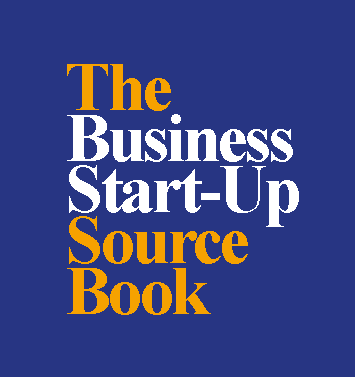Up in the clouds
Cloud and SaaS accounting
(Software as a Service)
Cloud and SaaS accounting systems are more and more widely used by start-ups and small businesses. In basic form, they are web-based software packages which users rent or subscribe to. This means businesses no longer own the software downloaded on a disk or computer, subscribers access their financial information via the internet.
Cloud-based and SaaS (software-asa-service) accounting systems offer some great advantages:
1. Ease of Use
One of the benefits of internet-based accounting is its ease of use. You can set up an account so that information relating to your company finances — including sales, income, purchases, and transactions — can flow straight from your business account to your books.
Using desktop-based software, from the advanced to the Excels style, can be tiresome and can involve manually inputting bookkeeping data.
This can be time consuming and expensive for a small management/back-office team.
With the cloud, you can essentially go ‘hands free’, which means spending less time on repetitive accounting tasks and more time on growing the business.
2. Easy access
The beauty of cloud and SaaS accounting software means that all you need to access your company financials is an internet connection.
Instead of having to access a computer with the software downloaded onto it, teams can share access with separate log in details from anywhere, allowing for home and hybrid working.
On the go, on a phone, on a train or in a meeting, you can quickly access important information with a series of simple clicks.
Cloud and SaaS accounting software is well-suited to being shared across teams and employees. Many SaaS systems provide customisable dashboards displaying important financial information, without having to have been calculated by a member of the team.
It can also be accessed by an external accountant or bookkeeper, granting flexible working, and saving on the cost of external accountant visits.
3. Zero Start Up Costs
Internet-based accounting software is subscription-based, this means that small businesses won’t be hampered by large upfront costs, as is often the case with desktop software programmes.
The subscription model also means businesses can rearrange their accounts when it suits them, with the ability to addon features.
Many cloud-based accounting software packages were designed to optimise scalability and flexibility, making them great for small business accounts as they can grow and pivot with a company.
4. User-friendly
Most SaaS and cloud software packages have been set-up and designed/developed for intuitive use. The majority of small business owners didn’t set up their businesses because they were previously accountants and as such, can struggle with the nuts and bolts of day-today accounting.
For those with limited accounting knowledge, intuitive cloud systems are designed with you in mind.
In addition, eliminating the need to transpose data from a spreadsheet to a software system means the risk of mismatched, out-of-date, or simply incorrect data is minimised. Reliable cloud accounting software can help to dissipate some of the risks and concerns around a small business’ ever-important financials.
5. Security Conscious
With desktop software, you must remember to back-up your accounts at the end of each working day and then weekly and monthly. Software updates can also be a headache, having to be re-downloaded each time a provider launches the latest version.
With Cloud and SaaS accounts packages, you’re always logged in to and using the most up-to-date version of the software.
This mean your calculations and amends are saved automatically, as well security of your data/financials being a lot tighter.
Accounting data is encrypted at source and saved to the cloud, instead of languishing on a hard drive which could corrupt or be lost or stolen.



